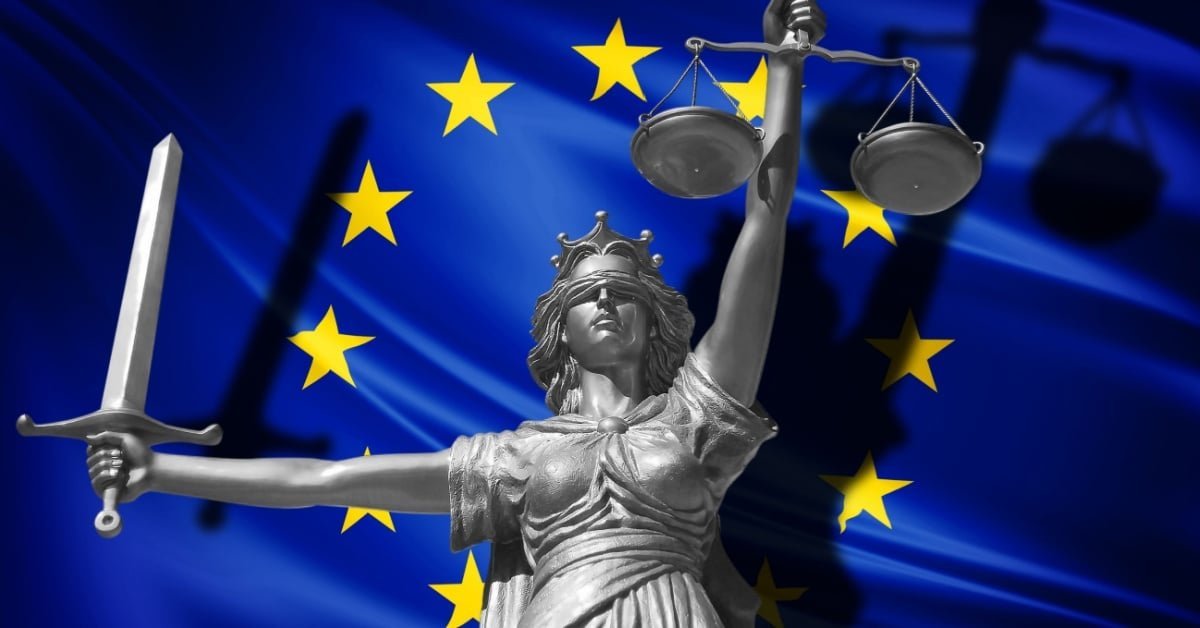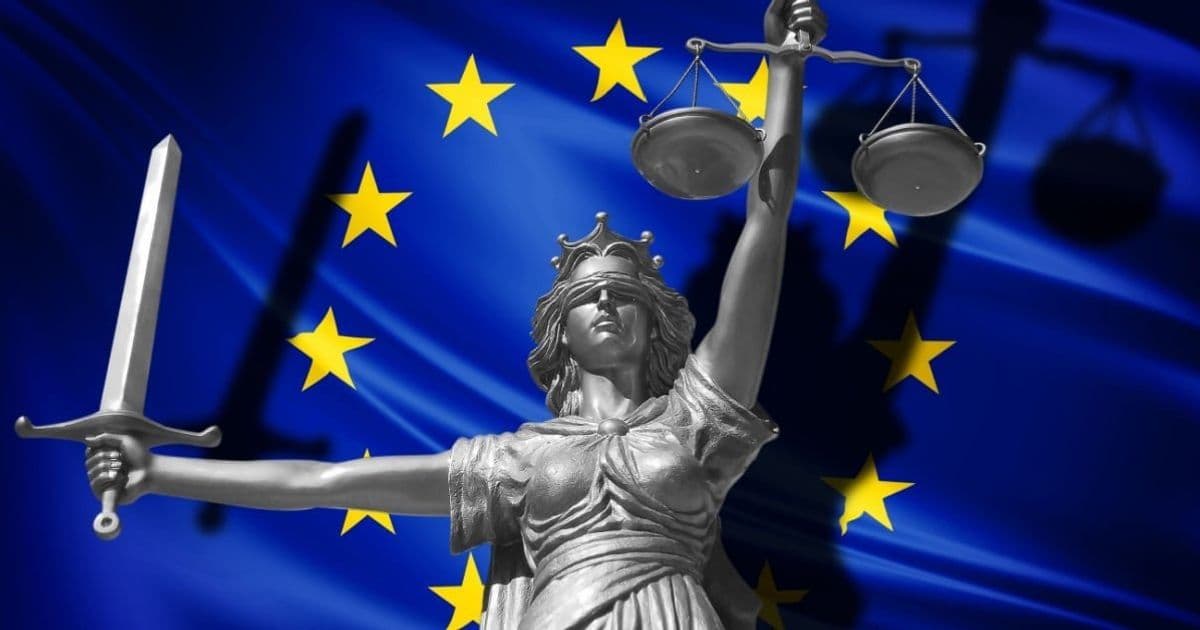Germany has formally opposed the EU's 'Chat Control' legislation that mandated mass scanning of encrypted communications, likely killing the proposal. The move follows intense backlash from privacy advocates, encrypted service providers like Signal, and cybersecurity experts who warned it would create dangerous backdoors. This decisive stance protects end-to-end encryption but leaves unresolved tensions between child safety initiatives and digital privacy rights.

In a pivotal move for digital privacy, Germany has declared its opposition to the European Union's highly contentious "Chat Control" proposal, effectively derailing legislation that would have mandated mass scanning of private messages—including those on encrypted platforms. The decision follows fierce criticism from technologists, human rights organizations, and encrypted service providers who argued the plan fundamentally undermined end-to-end encryption (E2EE) and created systemic security risks.
The Controversial Proposal
The draft Child Sexual Abuse (CSA) Regulation, colloquially termed "Chat Control," sought to compel communication service providers (like WhatsApp, Signal, and email services) to scan all user messages, photos, and videos for illegal content using government-approved AI systems. Crucially, it provided no exemption for encrypted services, demanding they implement client-side scanning—a method requiring devices to inspect content before encryption, creating a de facto backdoor.
Jens Spahn of Germany's ruling CDU party articulated the core objection:
"We are opposed to the unwarranted monitoring of chats. That would be like opening all letters as a precautionary measure to see if there is anything illegal in them. That is not acceptable."
Why Germany's Vote Was Decisive
The EU Council requires a "qualified majority" (55% of member states representing 65% of the EU population) to pass legislation. To block it, at least four countries representing 35% of the population must oppose it. With Germany’s 83.5 million citizens constituting ~19% of the EU’s population, its opposition—combined with smaller nations like Poland and the Netherlands—creates an insurmountable blocking minority. Key undecided nations like Italy and Sweden now face heightened pressure.
Technical and Ethical Backlash
Critics consistently highlighted three fatal flaws in the proposal:
- Encryption Undermined: Scanning messages on-device before encryption negates E2EE’s core purpose. As Signal President Meredith Whittaker warned: "Hackers and hostile nation states only need to piggyback on the access granted to the scanning system."
- Ineffective & Risky Tech: European Digital Rights (EDRi) emphasized the unreliability of scanning AI and the danger of mandated age verification, which risks excluding vulnerable groups and ending online anonymity.
- Surveillance Overreach: The framework enabled indiscriminate surveillance, threatening journalists, activists, and government officials alike.
Encrypted providers like Signal and Germany-based Tuta Mail threatened to exit the EU market if the law passed. Tuta CEO Matthias Pfau vowed: "We will never weaken or backdoor our encryption."
The Broader Battle
Chat Control represents the EU’s iteration of ongoing global efforts (like the UK’s Online Safety Act) to bypass encryption under the guise of combating illegal content. Recent incidents, including a data breach linked to UK age-verification systems, underscore the fragility of such mass data collection regimes. The European Court of Human Rights has previously ruled that backdoored encryption is illegal, setting a critical precedent.
Germany’s stance is a landmark victory for privacy advocates, but the underlying tension remains unresolved: Can governments target illicit content without dismantling the privacy safeguards essential for security and democracy? For now, encryption prevails—but the policy battle is far from over.

Comments
Please log in or register to join the discussion